The nuclear meltdown in Japan and the recent oil disaster in the Gulf of Mexico may seem unrelated, but they’re not. Both catastrophes occurred because we’ve made three fundamental mistakes in the way we generate energy.
1) We have relied on centralized power plants that use dangerous fuels to meet energy demand. Most countries that can afford it build large power plants so they can centralize energy production. Big centralized power plants are easier to regulate than a bunch of smaller, dispersed facilities. And because they generate a lot of energy at once, big plants appear to streamline power production. But in addition to being outrageously expensive, centralized generating facilities require massive amounts of dangerous fuels to operate consistently. If that fuel is oil or coal, recovering it usually wrecks the physical environment (we saw that in spades during last year’s Gulf Oil disaster); burning it causes global warming and sickening air pollution. If the fuel is uranium, using it generates radioactive nuclear waste that must be stored for thousands of years.
Ironically, a significant percent of the energy these kinds of plants generate is lost because it’s distributed over old, inefficient powerlines that transport the energy far from the original generator, which means that the plants actually need to consume more fuel to meet demand. Centralized power stations are also highly susceptible to terrorism, human error, and natural disasters, like the Japanese tsunami that overwhelmed that country’s nuclear reactors. As long as we continue to rely on large centralized power generation stoked by fossil fuels or uranium, we should expect disasters like the current meltdown in Japan.
2) We depend on fuels whose devastating environmental and health impacts are overlooked because they generate so much money for the industries that control them.
Right now, oil costs almost $100 a barrel. Solar energy is free. And there’s the rub. Industries based on selling coal, oil, and uranium, the fuel that powers nuclear power plants, earn billions of dollars every year just selling the fuel, let alone the power it generates. They use the profits from those sales to lobby legislators and make huge campaign contributions that keep law makers beholden to the status quo rather than emboldened to support safer alternatives.
I’m not suggesting we figure out a way to charge for the sun’s rays. I’m suggesting we realize that, every time we use oil or coal or energy from a nuclear power plant, some portion of our dollars is being used to insure that we KEEP using oil and coal and nuclear energy, instead of cleaner, healthier options.
3) We have refused to embrace energy efficiency and renewable energy sources like solar and wind. Many people give “alternative energy” positive lip service. Most people think sun power sounds like a good idea. Just as many will acknowledge that they want to do more to save energy. Yet the majority who talk the talk don’t walk the walk. Municipal codes still allow homes and buildings to be built that leak energy like a sieve. Consumers are still buying far more gas-guzzling vehicles and appliances than their energy-efficient counterparts. As a nation, we subsidize the fossil fuel and nuclear industries by giving them substantial tax breaks, yet scrimp on providing essential research and development money to renewable alternatives. Each of us could probably reduce the amount of energy we consume by half while taking advantage of any programs our utilties offer to let us buy power that’s safely generated. Until we do, and governments and businesses follow suit, the situation won’t change.
There aren’t enough words to describe what’s happened in Japan. Horrible. Catastrophic. Terrible. Unimaginable.
But there are also words we shouldn’t use to describe what’s transpired: Unique. Isolated. Rare. Freak accident.
Let’s not kid ourselves. Disasters like the Japanese nuclear meltdown and the Gulf oil spill are going to become increasingly common unless we make a concerted global effort to change the way we all get and use energy.


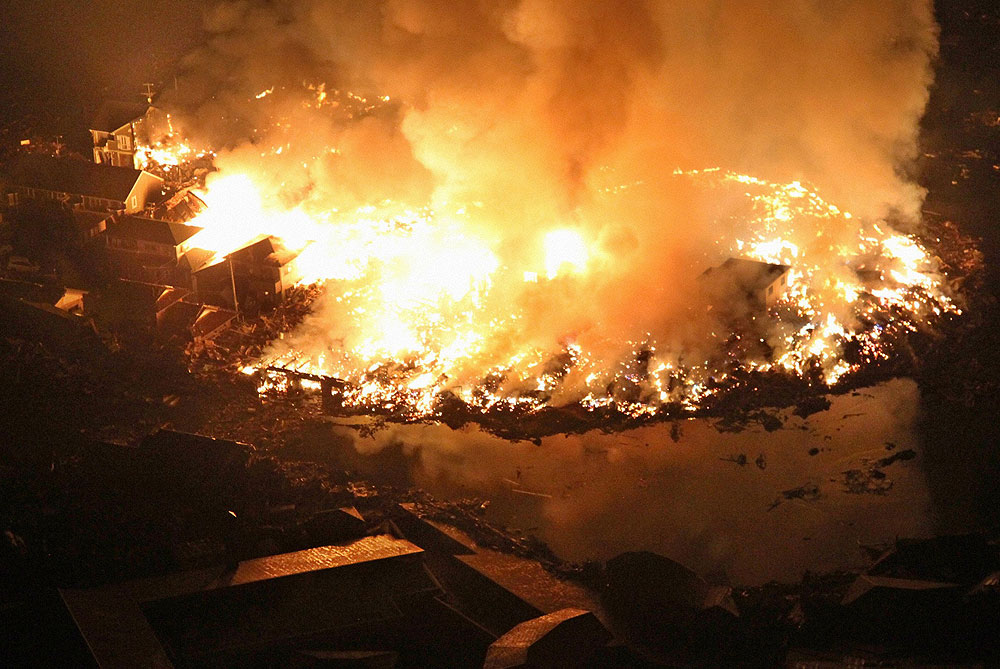

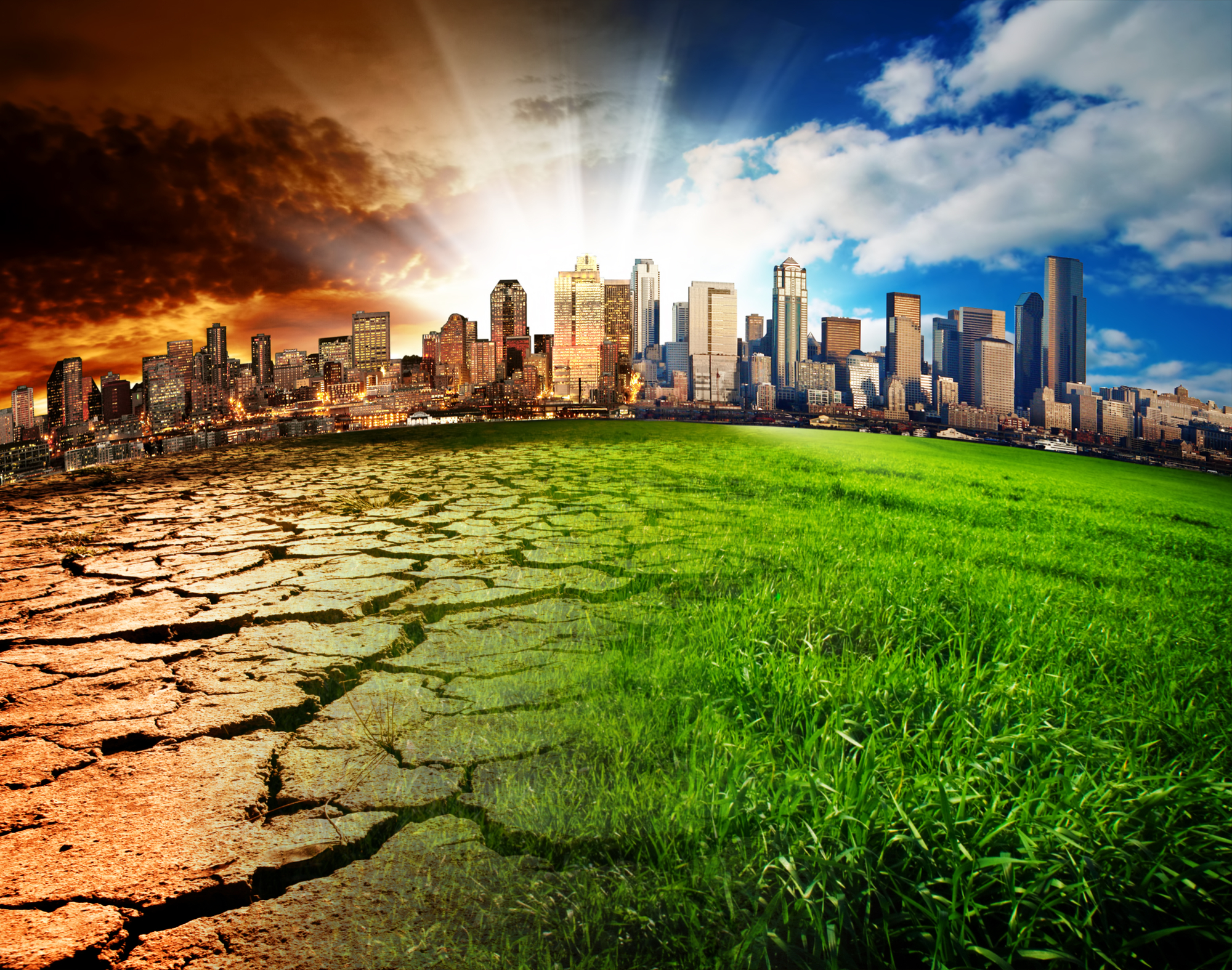
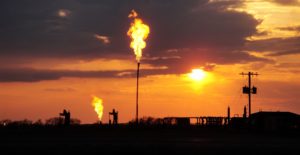
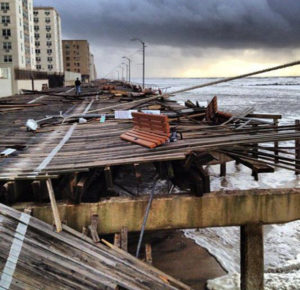
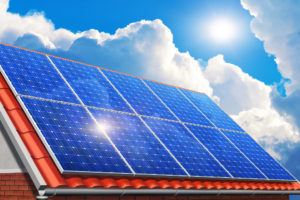

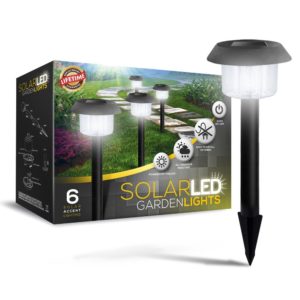








5 thoughts on “Nuclear disaster in Japan, oil disaster in the Gulf. What’s next?”
I totally agree. I find that we need to address the building envelopes of our buildings. It is great we are given incentives for upgrading heating systems and putting solar on our roofs but what about all that energy leaking from our buildings.
In NJ, the state gives incentives for heating and lighting for commercial building but gives nothing for insulation, white roofs, or window installation. This is just crazy to me. Why? Payback. Too long as compared to the other drivers. However, perhaps if the building envelope was addressed smaller systems could be put in? That would require out of the box thinking.
Good points, Anna. The whole question of “payback” is so screwed up. We demand that energy and money-saving retrofits have short payback periods, but what about that fountain a building puts in its lobby – what’s the payback on that? Zilch, yet the expense is easily justified. We need a whole way of thinking and valueing energy that gets “payback” out of the equation.
That was a very interesting article. Thank you! I agree, we need to rethink what source of energy we’re going to use in the future. However, I’m not sure whether we as individuals can really make a difference. In my opinion, companies should also play their role. They are the ones that provide the range of technology (e.g. public transport or technical devices) we can actually chose from! I was happy to discover a new Siemens project ‘Sustainable Cities’ http://www.usa.siemens.com/sustainablecities/index.html a couple of days ago. They are definitely heading into the right direction!
I agree and it seems it doesn’t take long for us to forget these disasters. Sure my environmentalist friends still talk about the oil spill but it’s not talked about much outside that circle.
I love the idea of decentralized renewable energy production. I’m just waiting for solar panels to be a bit more efficient/ affordable!
Comments are closed.